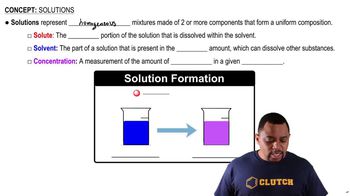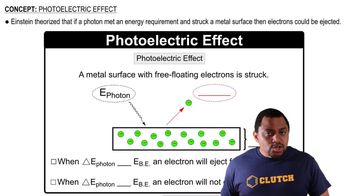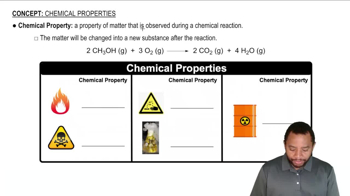Textbook Question
Like all equilibrium constants, the value of Kw depends on temperature. At body temperature (37 °C), Kw = 2.4×10–14. What are the [H3O+] and pH of pure water at body temperature?
6
views

 Verified step by step guidance
Verified step by step guidance



Like all equilibrium constants, the value of Kw depends on temperature. At body temperature (37 °C), Kw = 2.4×10–14. What are the [H3O+] and pH of pure water at body temperature?
Calculate [H3O+] and [OH–] for each solution at 25 °C. a. pH = 8.55
Calculate [H3O+] and [OH–] for each solution at 25 °C. b. pH = 11.23 c. pH = 2.87
Complete the table. (All solutions are at 25 °C.)
The value of Kw increases with increasing temperature. Is the autoionization of water endothermic or exothermic?